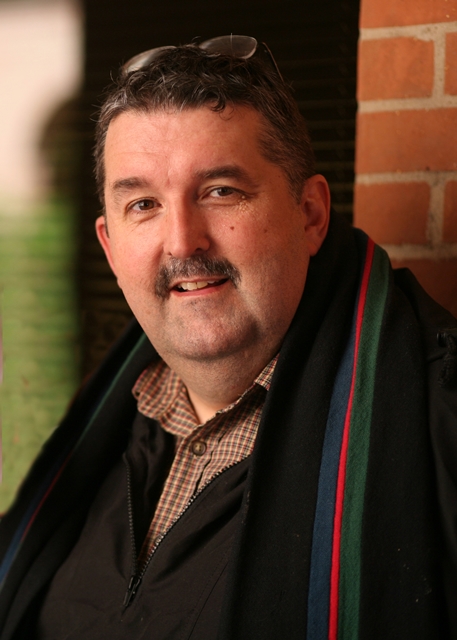By Jeff Brumley
New research into the continuing growth and shift of world religions predicts Christianity will remain the globe’s dominant faith while Islam continues to surge and gain ground.
Chris van Gorder, associate professor of world religions at Baylor University in Waco, Texas, says a little perspective is needed when considering how such trends affect Baptist and other U.S.-based global missions efforts.
The Pew Research Center’s “Future of World Religions” survey predicts that four in 10 of all Christians will live in Sub-Saharan Africa by 2050. It also shows that the numbers of Christians in Europe and the United States will continue to decline.
“You go to West Africa and Christians are praying four hours a day and transforming their communities,” he said. “Who is going to missionize who?”
Islam gaining
And those are just some of the possible shifts that could occur if the survey’s predictions are true.
Pew said it based its predictions by overlaying the differences in fertility rates and the size of youth populations with the major religions of the world. It also looked at the number of people who are switching faiths.
“Over the next four decades, Christians will remain the largest religious group, but Islam will grow faster than any other major religion,” Pew reported.
Islam will grow so fast, the survey said, that it will nearly equal the number of Christians worldwide and make up 10 percent of the population of Europe.
Christianity will continue to decline in the United States to two-thirds of the population. In 2010 it was three-quarters. Muslims will surpass the numbers of those who identify religiously as Jews, the survey said.
Immigrants changing America
But van Gorder said it would be a mistake to assume the statistics identified by Pew trend out as predicted.
“These are … projections,” he said. “If this survey had been generated 100 years ago, it wouldn’t have projected what actually happened.”
Even the predicted rise of secularity in western nations has to be balanced against the rising number of African and Asian refugees to the United States who are already Christians.

For example, Texas has seen a huge influx of Muslims and also of Christians from Nigeria, van Gorder said. The latter group tends to be conservative and evangelical, while ethnic groups from other parts of the world are bringing a Pentecostal Christianity with them.
“Immigrant communities, and not just the Muslim ones, are changing our communities,” van Gorder said.
‘Contextually relevant and appropriate’
These groups can also teach American Christians how to relate with Muslims, he said. That in turn may help them be better missionaries.
The Pew statistics suggest that Baptists and others continue to improve the ways they share the gospel to those areas of the world where it’s lacking, he said.
“In recent years, Baptists globally have increasingly focused on being relevant at the grass-roots level and Baptist missions have been particularly focused on local and regional partnerships,” van Gorder said. “These trends have never been more important as demographic trends show increases and changes that demand sensitivity and culturally contextualized presentations of the Christian message.”
That mission work must be “seasoned with salt,” he said, meaning they must be planned and conducted with sensitivity to the situations and needs of local residents, he said.
“You’re making it contextually relevant and appropriate,” van Gorder said.
